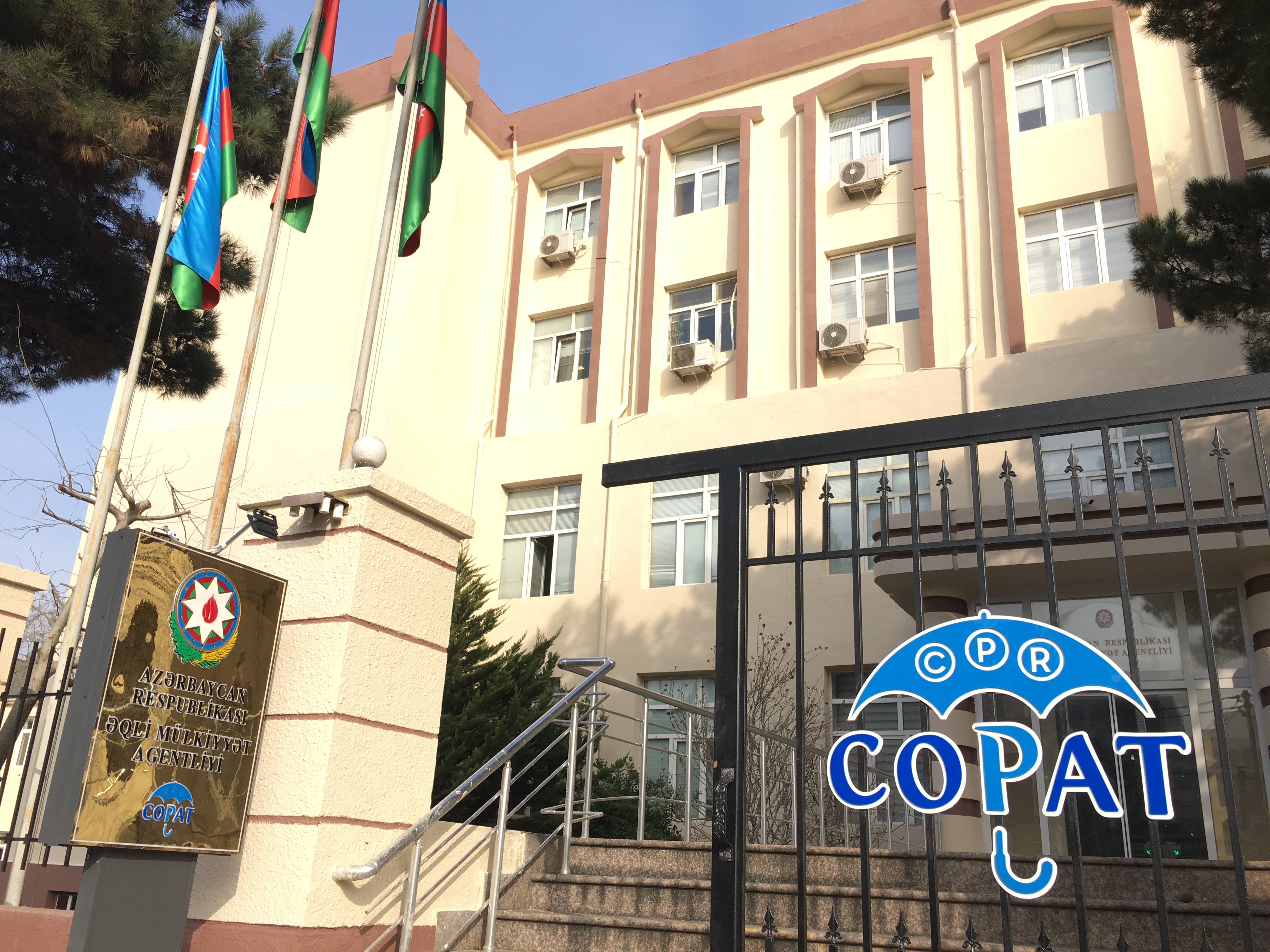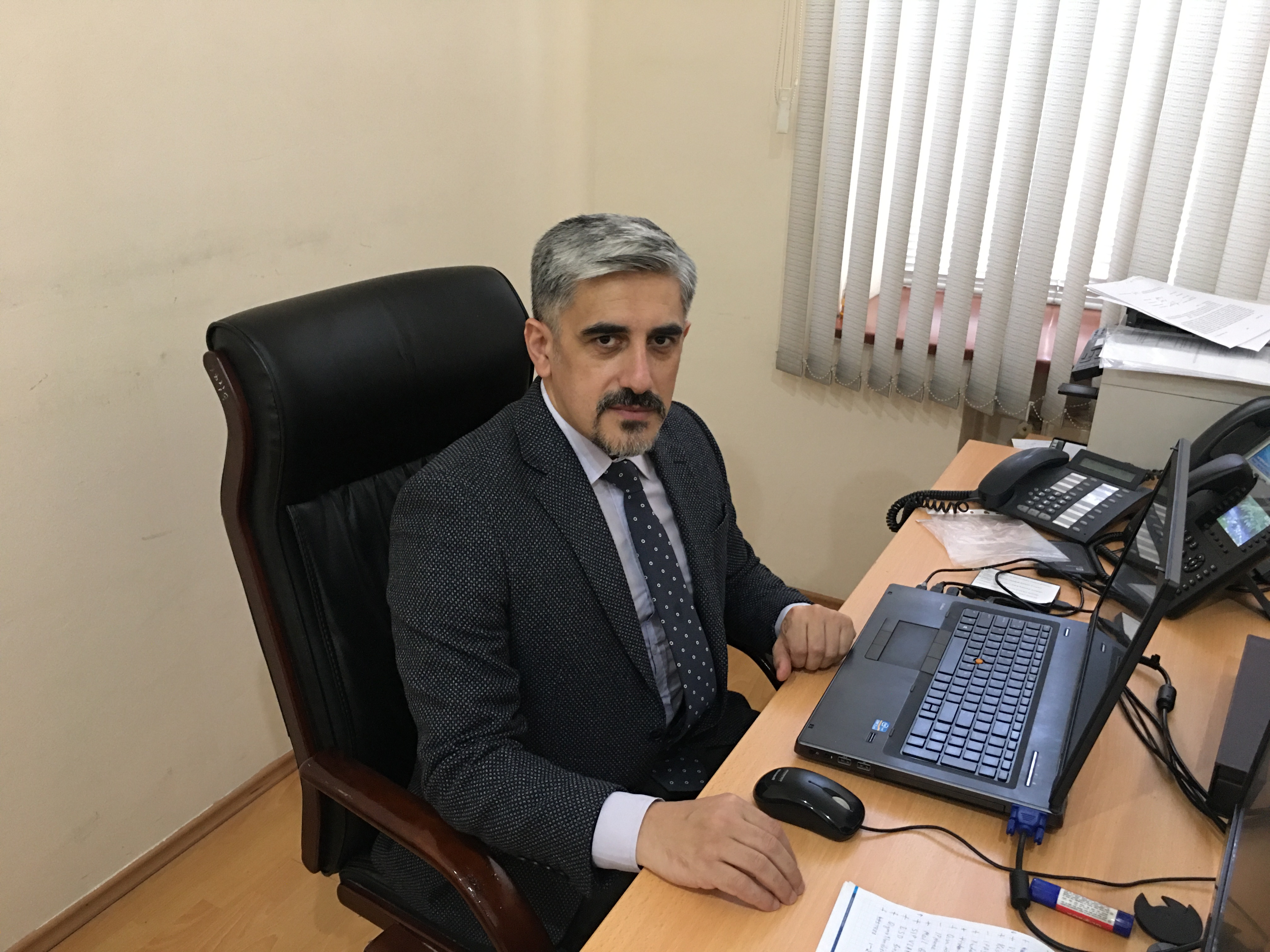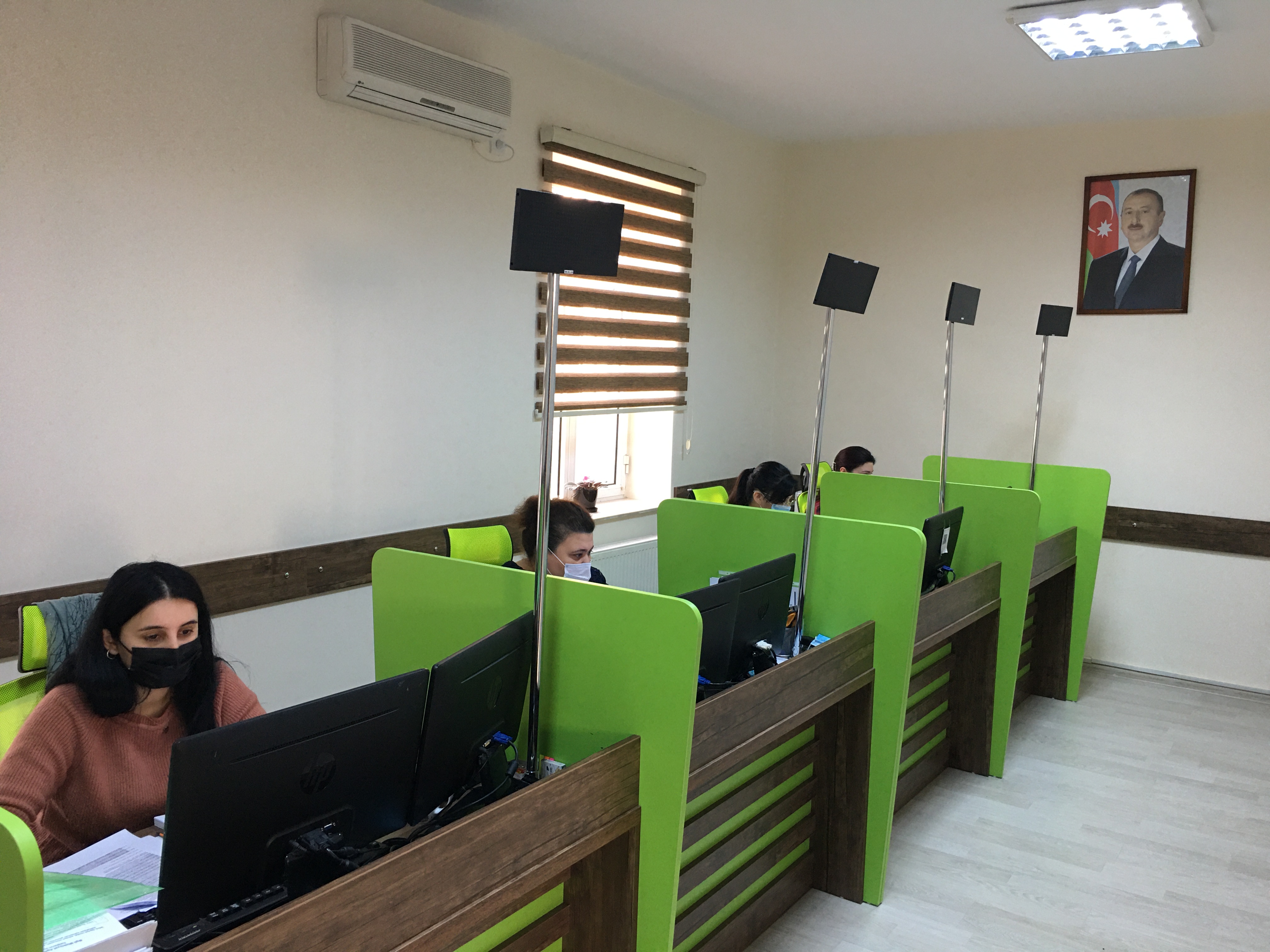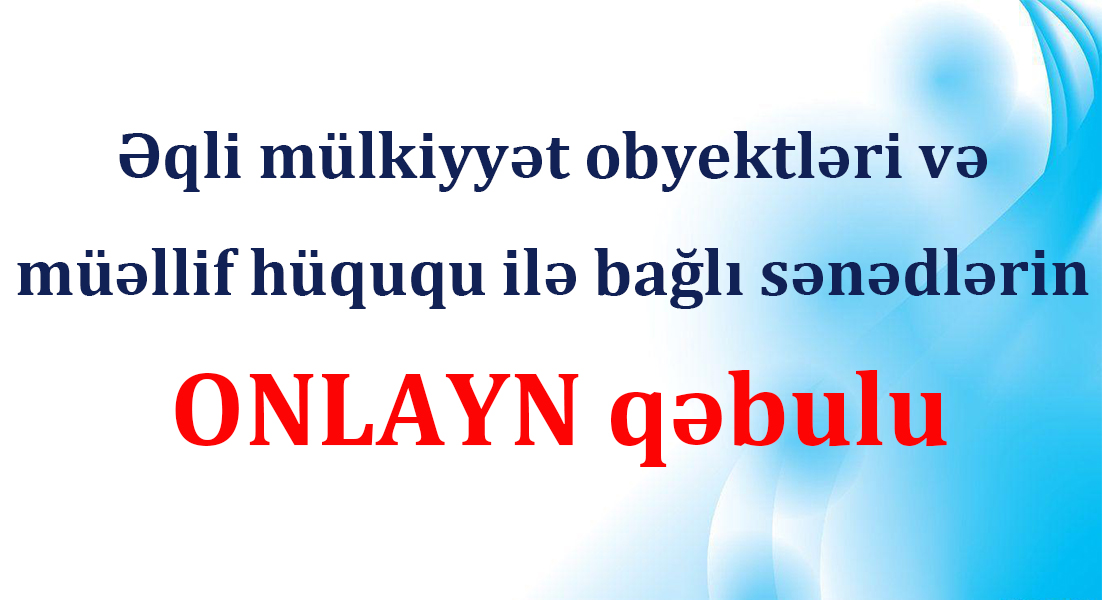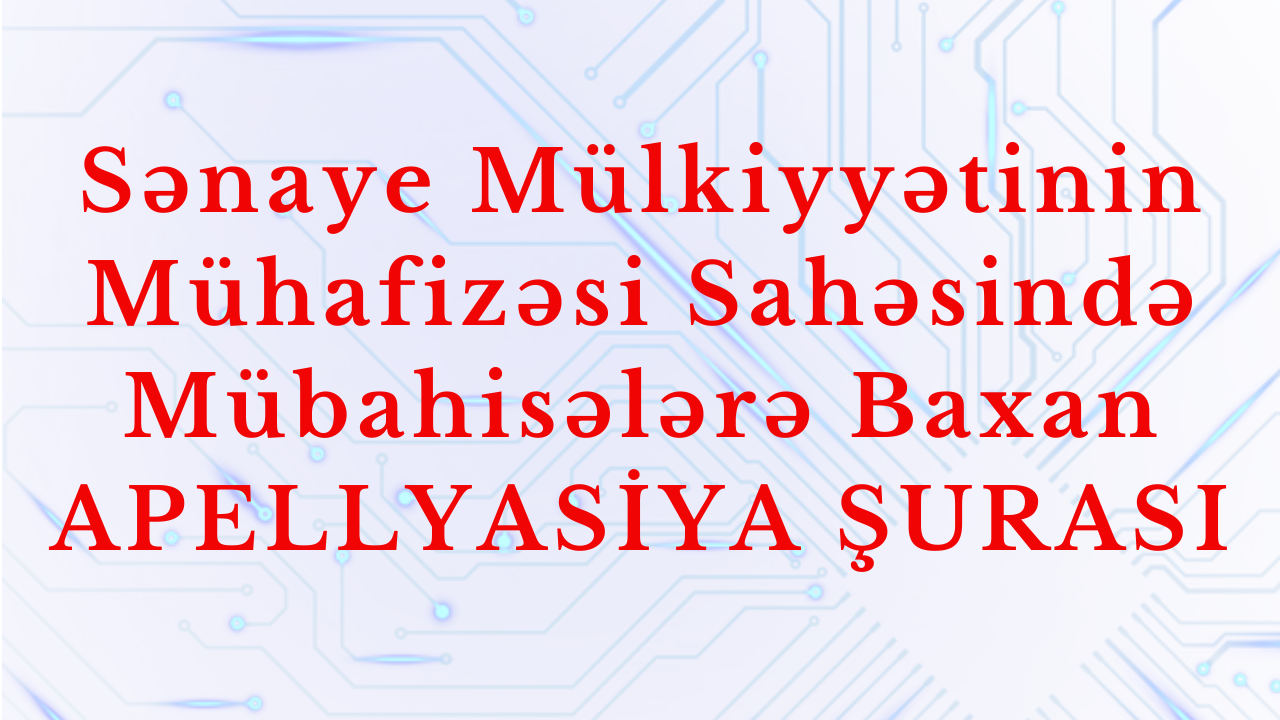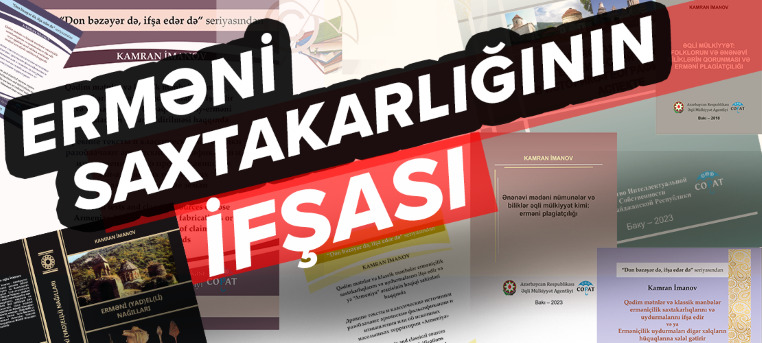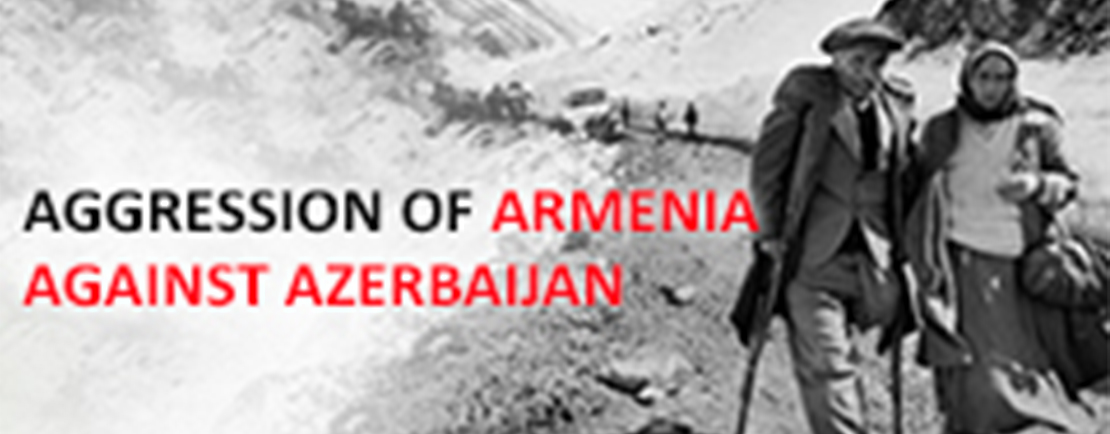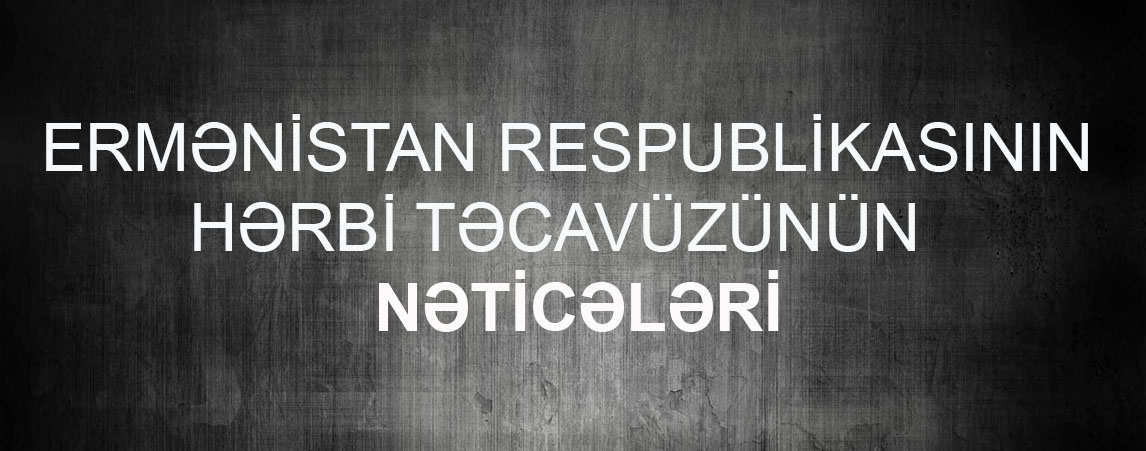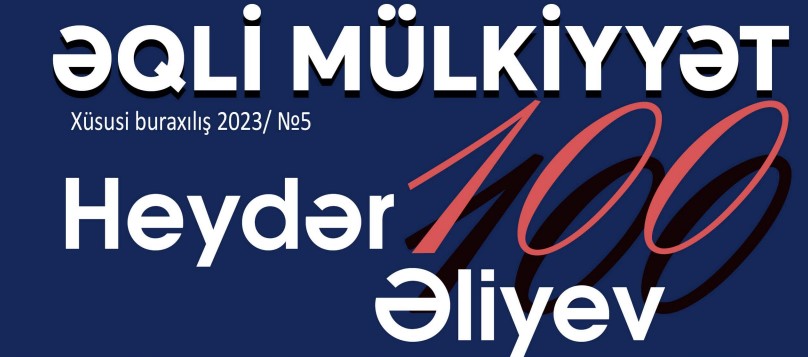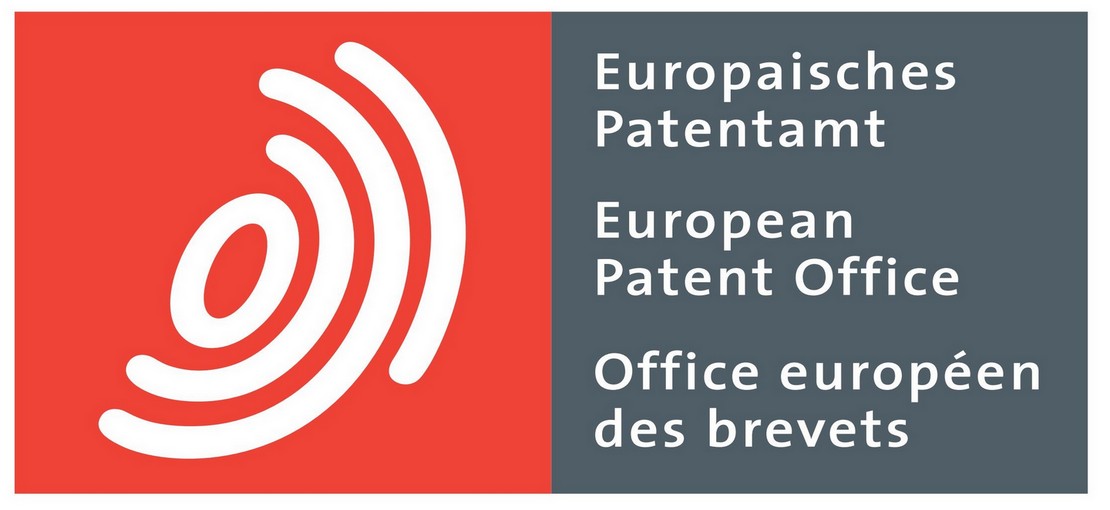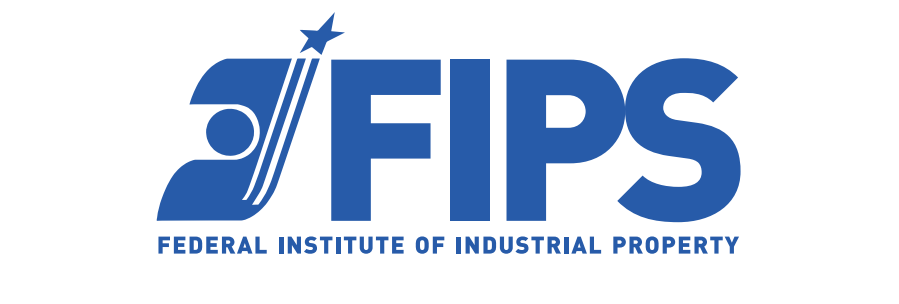Once more about Copyright in Azerbaijan: Civil Ways of Enforcement
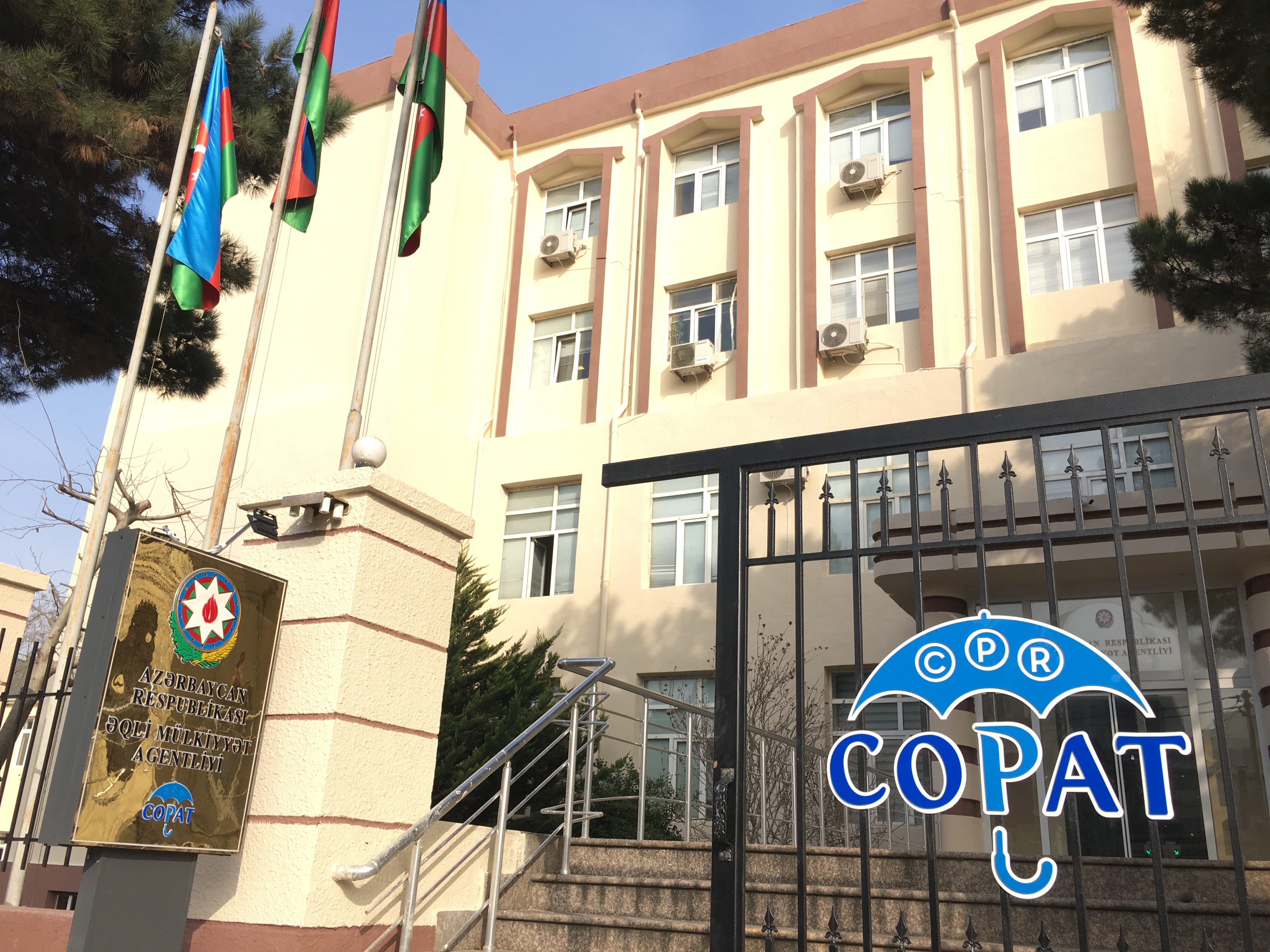
The main problem in the field of copyright in Azerbaijan is that authors do not know their rights or do not want to fully exercise these rights. This was reported to JAMnews by the Intellectual Property Agency.
The article "Copyright law: lawlessness or protection in Azerbaijan?" Published on our website caused a great resonance. One of the professional respondents to some of the issues covered in this article was the Intellectual Property Agency, which performs regulatory functions in the field of copyright in Azerbaijan.
JAMnews spoke with the organization's press-secretary Elnur Mammadli about the problems in this area.
Authors must apply to court
According to the agency's official, the agency does not have and should not have mechanisms to enforce copyright protection. “According to legislation, such powers are vested in the judiciary and law enforcement bodies”, – he said.
According to Article 45 of the Law of the Republic of Azerbaijan "On Copyright and Related Rights", authors and right holders may apply to the court to protect their rights. Copyright is a private law, and the infringed author must personally apply to the court in this regard.
“However, this does not mean that there are no appeals to the Agency. During 2020, the organization responded to more than 1,650 appeals and inquiries on copyright issues, assisted in resolving issues raised”, – Elnur Mammadli noted.
According to him, those whose rights have been violated do not fully use the rights granted to them by law, and do not apply to the courts to restore their rights: “Instead of going to court to restore their rights, they blame others”.
Registration of works is an advantage for author
Azerbaijan is the only CIS country that has a system of voluntary registration of works. Authors can register their works at Intellectual Property Agency and obtain a certificate.
In 2020, 454 works by 233 authors were registered at Agency and 468 certificates of registration of works were issued.
According to Article 9 of the Law “On Copyright and Related Rights”, in the event of a dispute, in the absence of other evidence, the registration certificate is recognized by the court as a presumption of copyright.
“After the authors register their works with the Agency, in our example, they gain their "advocate". That is, they entrust us with the protection of their rights”, – stated press-secretary of Agency.
Which opportunities does the Agency offer to authors?
“There are a number of reasons why people whose rights have been infringed do not go to court, one of which is related to finance, i.e. the services of a lawyer, etc. Given these difficulties, the Agency provides a number of opportunities for authors to secure their infringed rights”, – E.Mammadli said to JAMnews.
“In case of violation of their rights, they use the Agency's "Legal Advice" on a voluntary basis, assist them in filing a lawsuit to restore their rights, prepare an expert opinion, and in many cases the Agency's representatives are involved in court proceedings as third parties to defend the position of right holders.
Therefore, this unique system created by the Agency acts as a bridge between the protection of copyright and the restoration of infringed rights. ”, – he noted.
Once more about “Bayatilar” and Eldar Mansurov
“Let me note that our esteemed composer Eldar Mansurov, who got acquainted with the article on your website, personally came to the Agency yesterday. He shared with us the nuances of his composition "Bayatilar". According to him, the Agency had kept a record of the composers’ works since the early 90s. And in 1996, after the adoption of the Law “on Copyright and Related Rights”, Eldar Mansurov became one of the first who registered their work and received a certificate of their registration.
Eldar Mansurov is currently one of the authors who have registered a record number of his works. In a conversation with us, he noted the benefits of this approach and encouraged other authors to follow his example. He cited Bayatilar as an example, recalling that he had translated the certificate he had received from the agency into a foreign language, sent the apostille to foreign performers who had violated his rights, and restored his rights. It is for this reason that in 2009 the Romanian performer Edward Maya came to Baku and received a license (permission) to perform Mansurov's work. The composer currently provides copyright protection for his works,” – noted Mammadli.
Which Azerbaijani authors' infringed rights were restored?
In response to our request for specific examples of copyright protection, the official representative of the Agency said that over the past year, the Agency's employees attended more than 130 court hearings in 53 cases on the enforcement of intellectual property rights in various courts.
“For example, the public association “Azerbaijan Guild of Professional Director” filed a lawsuit against one of the cable television operators. The Agency has defended rights in all courts. As a result, we managed to restore the infringed guild rights.
In addition, one of the authors, whose name I will not name, filed a lawsuit against one of the TV channels that violated his copyright. And in this case, with the help of the Agency, his rights were fully restored,” Mammadli said.
According to him, in 2020, Chingiz Ibragimov, the heir to the composer Elza Ibragimova, turned to the Agency for help. As it turned out, the YouTube portal closed the channel in the name of the composer due to repeated complaints. After the intervention of our department, the issue was resolved and the channel was opened.
70-year warranty after death
According to the Law "On Copyright and Related Rights", copyright originates at the time of creation of a work and is valid throughout the life of the author, as well as 70 years after his death. The property rights of the author pass to his heir by succession. This protection period entitles authors and their heirs to receive economic benefits during this period.
“The piece “Song of the Blind Arab” by the outstanding Azerbaijani composer Fikrat Amirov was appropriated by the Armenian Vardan Hovhannisyan, who lives in Belgium, as well as the musician Emre Gultekin, and was included in the Karin music album under the name Houcher. The composer's heirs turned to the Agency for help in restoring their rights. Again, as a result of interference in the business of our Agency, the company that released the album apologized to the Azerbaijani side and corrected its mistake.
Another example: the work “Sana da qalmaz” by the famous composer Tofig Guliyev was included in the music album Ante of the Albanian singer Roweno Dilo called Ne Shkoder te vish and published on YouTube. The composer's heir appealed to the Agency on this matter, and Tofig Guliyev's rights were restored,” – Mammadli stressed.
First in the CIS, 30th in the world
Azerbaijan ranks 30th out of 141 countries on “protecting intellectual property rights” according to the Global Competitiveness Index report published in 2019 by the World Economic Forum. According to this indicator, Azerbaijan ranks first among the CIS countries and is ahead of many European states.
Azerbaijan cooperates with many international organizations in the field of copyright and is a member of all major international agreements, represented in the management of the World Intellectual Property Organization (WIPO). It was these circumstances that played a significant role in the election of the representative of Azerbaijan for the post of chairman of the Assembly of the Berne Convention, adopted in 1886, and uniting about 180 countries.
Problems also exist
According to Elnur Mammadli, there are also problems: “For example, despite our serious remarks, there are flaws in the activities of the “Azerbaijan Authors” public association, which collects fees for the use of musical works. The lack of transparency in the work of this organization is of concern. The most important thing here is the weak organization of collection of royalties and this leads to fair protests from the right holders".
To ensure openness and transparency, the agency has put into operation the digital information system PANAH, thereby introducing the principle of a “single window” when registering intellectual property. This system has improved the level of state services provided.
JAM-News.net


